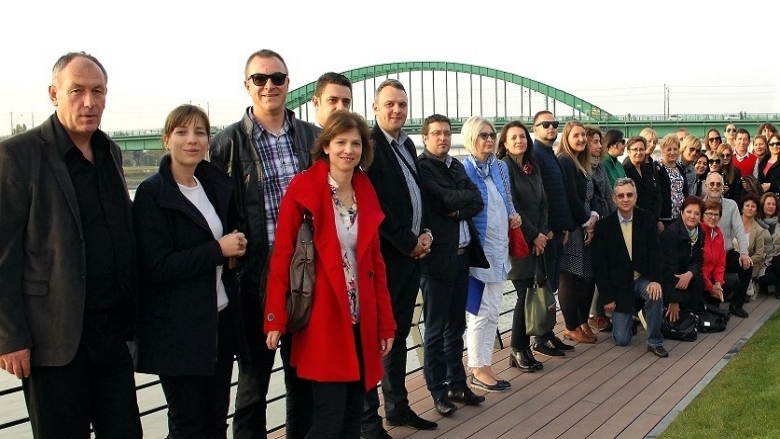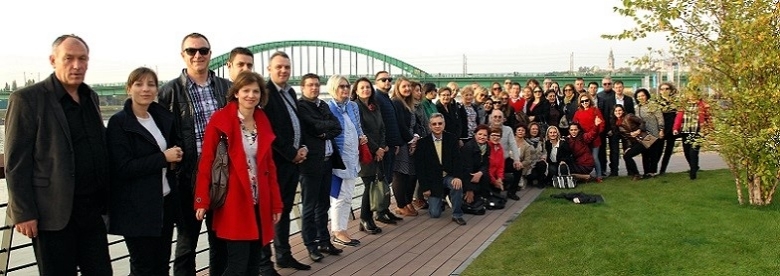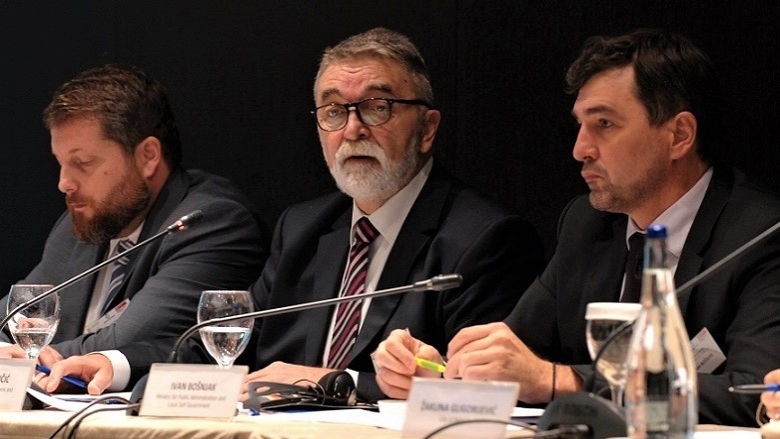This two-day event was organized in collaboration with the Standing Conference of Towns and Municipalities, Serbia as part of the World Bank-Austria Urban Partnership Program (UPP) aimed to assist and support cities and local governments in South East Europe (SEE) in a process of modernization and reform, in order to promote local development for inclusive and sustainable growth, and enhanced urban governance.
The Program is targeted at South-East Europe, including Albania, Bosnia and Herzegovina, Croatia, Kosovo, Macedonia, Montenegro and Serbia.
The dialogue in Belgrade focused on findings from Municipal Finance Self-Assessment and Urban Audit: Sharing good practices and lessons learned.
In the first phase of the Program, seven City to City (C2C) Dialogues were held on the following topics: (i) Improving Municipal Revenues (Budapest, December 2011); (ii) Modernizing Local Public Expenditure Management (Mavrovo, May 2012); (iii) Modernizing Legal and Regulatory Framework in SEE (Tirana, June 2012); (iv) Guided Urban Land Development - Reconciling Public and Private Interests (Budva, November 2012); (v) Mayors Symposium: Towards Transparency and Accountability (Vienna, January 2013); (vi) From Local government Self-Assessment to Implementation (Dubrovnik, June 2013) and (vii) From MFSA to City Investment Programming = Urban Audit (Skopje, December 2013).
Participants included around 120 representatives from seven Western Balkan countries from central and local government, including municipal staff from financial and technical departments, city planners, representatives of central government ministries, national associations of local governments, and civil society organizations.
UPP will continue with the C2C Dialogues as they proved to be successful way of gathering the Region around the table and discuss achievements as well as current issues. Main focus of the C2C is on problem solving through peer-to-peer knowledge exchange by bringing together different stakeholders to share workable strategies designed to foster local partnerships and more efficient, self-sufficient, and transparent governance.



